Publications
Articles, publications, books, tools and multimedia features from the U.S. Institute of Peace provide the latest news, analysis, research findings, practitioner guides and reports, all related to the conflict zones and issues that are at the center of the Institute’s work to prevent and reduce violent conflict.
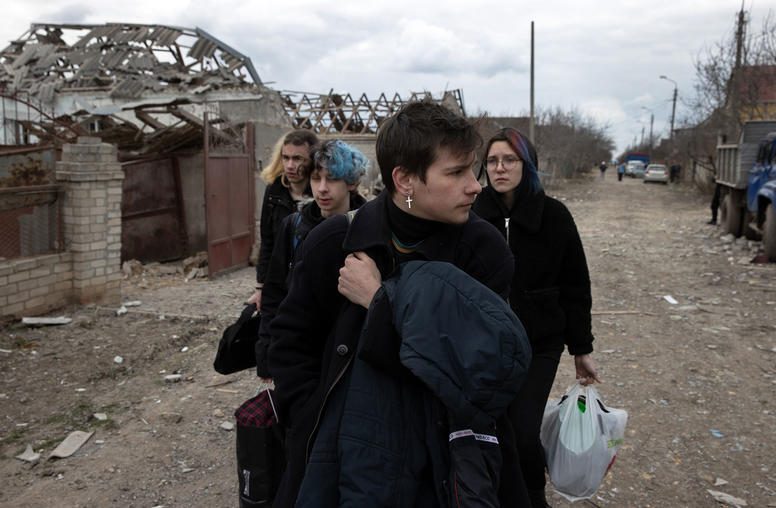
In Ukraine, a War of Rare Clarity Demands Accountability
The world is witnessing a Russian assault so unprovoked, and Ukrainian agony so brutal, that these four weeks have forged a historically rare moment of moral clarity and global unity in affirming the criminality of a war. Nations must convert this clarity and unity into actions. We must sustain support for the Ukrainians who are courageously bearing their unsought role as frontline defenders of the democracy and rule of law on which a peaceful world depends. Second, we must begin now to ensure eventual accountability and justice for the authors of this war. Third, we must buttress our global institutions of that justice.
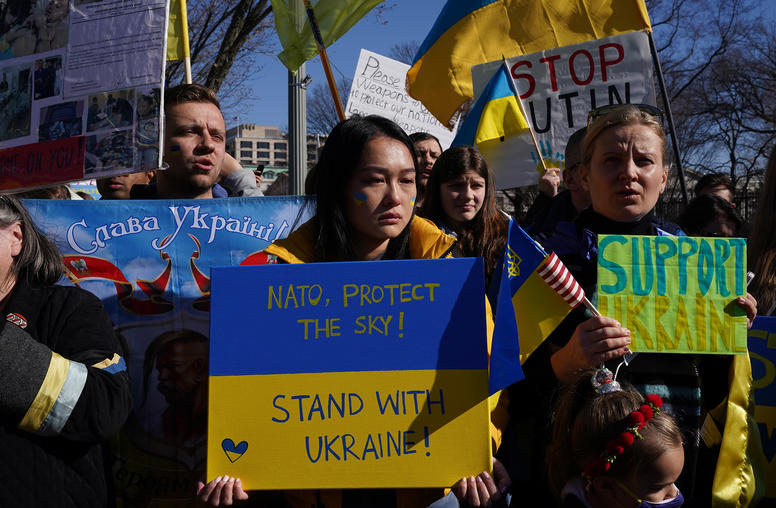
This Global Resistance to Putin’s War Is Historic
In just 15 days of Russia’s massive, new assault on Ukraine, democracies worldwide have mounted a historic act of repudiation — diplomatically, economically, militarily and morally. Nations are painfully cutting off trade with Russia. Thousands of public protests across 93 countries, including Russia, are deepening Vladimir Putin’s isolation. This collective support for Ukraine and rejection of Putin’s war is arguably the most unified global response to any act of state violence since the world’s opposition to European fascism during World War II. Sustaining it is how we can defeat Putin’s threat to world peace.
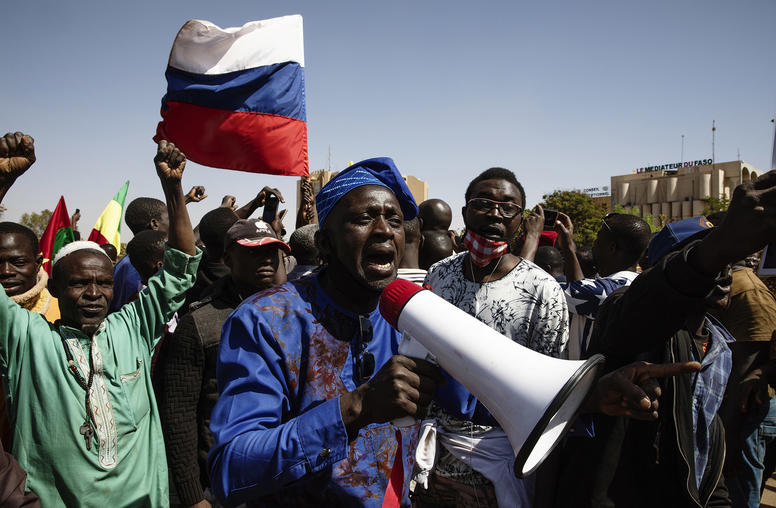
Countering Coups: Experts Offer Steps for U.S. Policy
After a “year of coups” around Africa’s greater Sahel region, U.S. and other policymakers and democracy advocates are discussing how to respond. What policies—by the United States, other democracies and international institutions—can preserve democratic advances of recent decades and reverse the surge in military takeovers? Recent discussion among U.S.-based policy analysts has converged around several priorities. Analysts convened by USIP suggest concrete steps to broaden support for fragile democracies and to reverse coups when they happen.
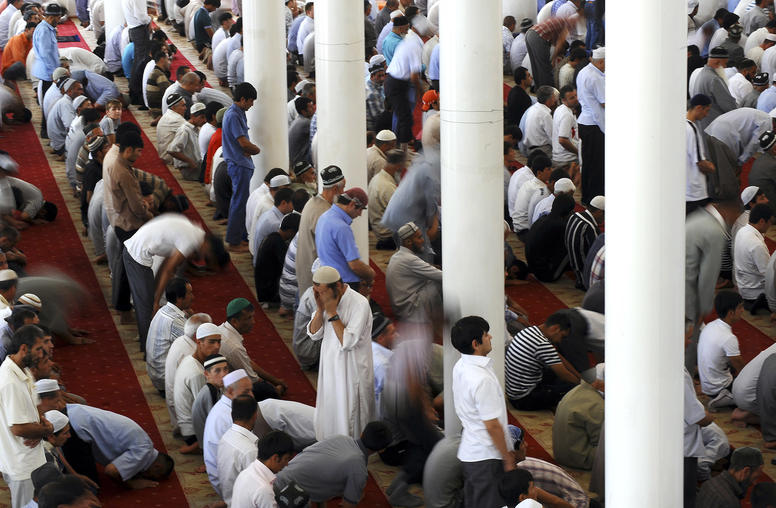
To Help Central Asia, Engage with Muslim Civil Society
Kazakhstan’s violent upheaval this month underscores that governments and international organizations need to more effectively help Central Asia’s 76 million people build responsive, effective governance across their five nations. Mass protests or communal violence also have struck Uzbekistan, Kyrgyzstan and Tajikistan in recent years. As the United States, allied governments and international institutions seek ways to promote nonviolent transitions toward more stable, democratic rule, new research suggests that they explore for partners in an often-ignored sector—Central Asia’s active and disparate Muslim civil society.
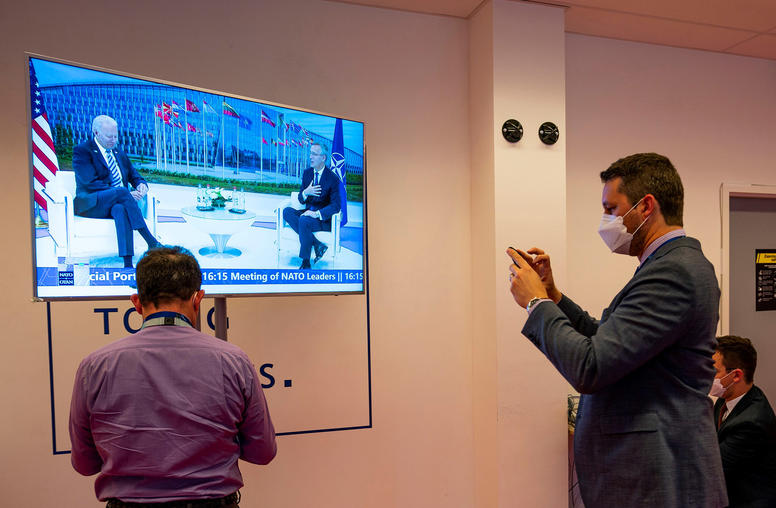
The Biden-Putin Summit: A Chance to Agree—and Disagree
While Presidents Biden and Putin meet amid the strained U.S.-Russian relations in a generation, this week’s summit could yield moves to rebuild predictability in that relationship, especially new steps to address rising global risks to stability and security. Even as the United States confronts Putin over his wielding of selective chaos as a foreign policy crowbar, both sides share an interest in managing disparate international threats—from the weakening of the limits on nuclear weapons and the emergence of new high technology weapons, to climate change and COVID. The summit could reopen dialogue on such challenges.
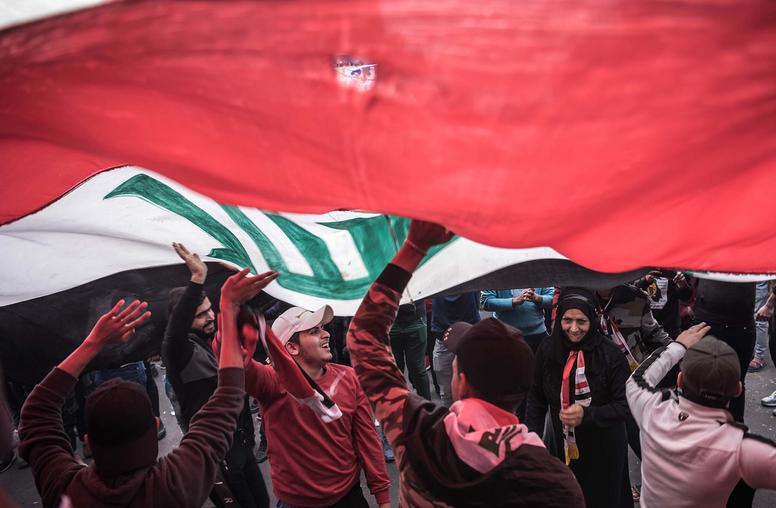
New Talks Could Help Iraq Find Room to Stabilize Amid Crises
As Iraq’s government struggles to build stability in the face of economic decline, COVID, political protest and periodic violence, it may see new hope for some maneuvering room in its narrow political space between the United States and Iran. One day after U.S. and Iranian officials agreed through intermediaries to work toward restoring the 2015 accord over Iran’s nuclear program, American and Iraqi diplomats announced an intent to remove U.S. combat forces from Iraq. Both initiatives face deep uncertainties. But if successful they could widen Iraq’s difficult path toward peace.
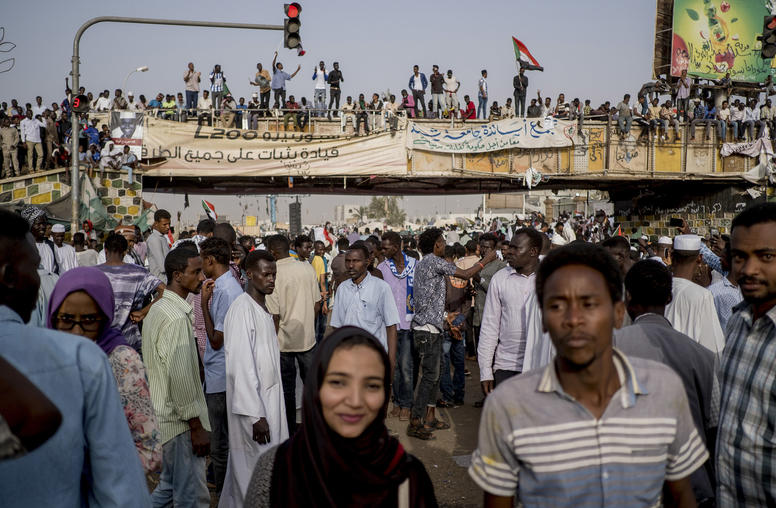
Africa is the next global influencer. That’s an opportunity.
In a COVID-altered landscape of global security threats, economic opportunities and strategic change, Africa is seizing center stage. Africans form the world’s fastest-growing population and national economies. Violent crises, democracy movements, extremist threats, international investments, human displacement and strategic opportunities all are rising. The coronavirus pandemic underscores both Africa’s risks to global stability from fragile states—and the overlooked potential of a continent now outperforming wealthier regions in containing the public health crisis. COVID is the latest reminder that “Africa’s deepening vulnerabilities and its rising capacities will shape global realities whether we prepare for that or not,” according to scholar Joseph Sany.
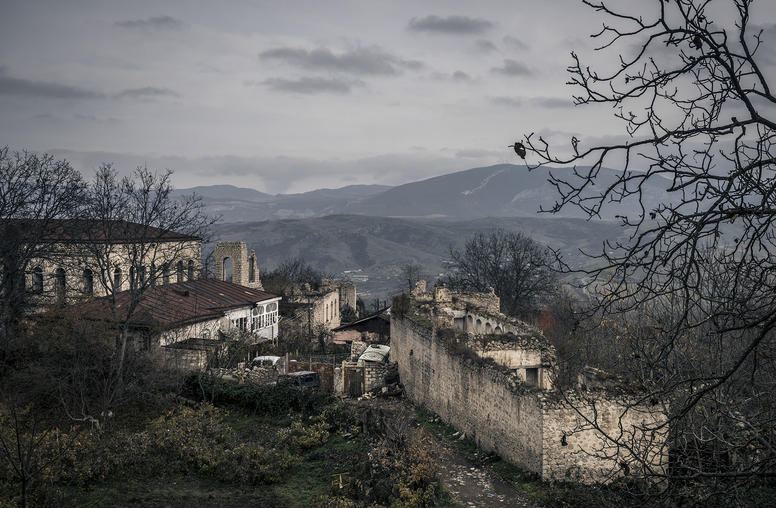
A Fire in the Garden: Can We End the Nagorno-Karabakh War?
Amid the world’s profusion of wars, COVID crisis and turbulent U.S. elections, a reader could overlook the century’s worst eruption of bloodshed between Armenia and Azerbaijan. But the revival this week of war in the Caucasus region should galvanize policymakers in Washington, Europe and Moscow to lean in hard and resurrect vigorous peacemaking for the first time in recent memory. While it’s unclear whether a full resolution can be achieved in any near future, this week’s fighting signals the risk of neglect: a dangerous, wider war.
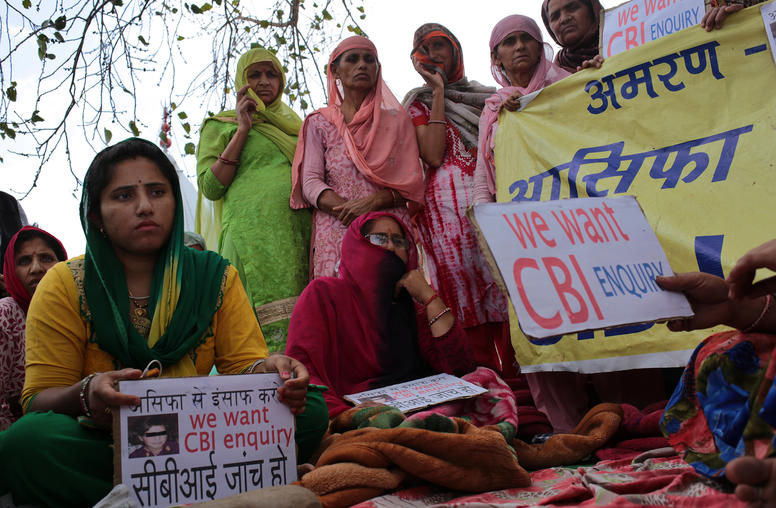
To Build Peace, Boost the Women Who Lead the Movements
Images of this year’s grassroots movements for social and political change—such as the ouster of authoritarian rulers in Sudan and Algeria—reiterate that women worldwide are driving campaigns that can strengthen democracy and reduce violent conflicts. Yet 20 years after the United Nations proclaimed the need for women at the center of the world’s peacebuilding and stabilization efforts, they remain marginalized in those official processes. So when USIP and a program at the University of Denver organized a training initiative this summer for 14 women leading civic movements for social change, a message glared from the mountain of nominations received from experts and groups working on the world’s violent crises.
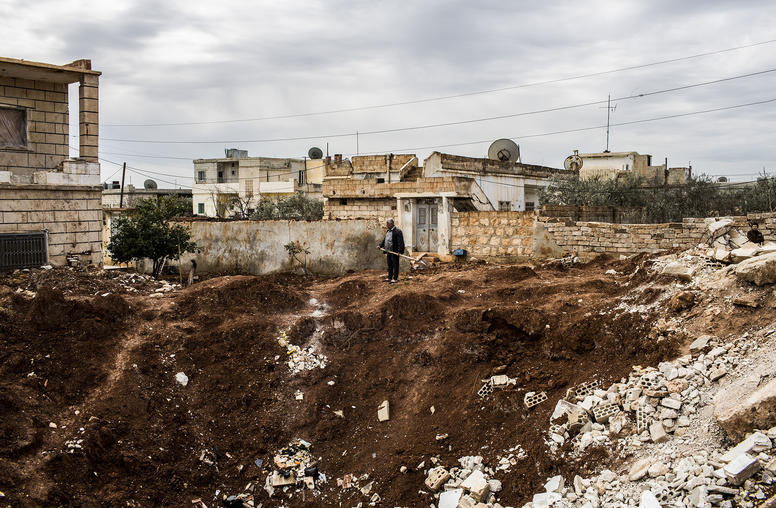
Syria’s Ghalia Rahal: Surviving War, Building Peace
Amid the traumas of Syria’s war, women like Ghalia Rahal are building an unprecedented role in peace talks over their country’s future. Rahal—the founder of a network of women’s centers in northwest Syria—has helped energize a Syrian women’s movement despite threats from extremists, attacks on her workplaces, and the assassination of her son, a journalist. Now, Rahal and her women’s network in Syria’s Idlib Province face an extreme threat—the Syrian government military offensive against the province that has killed hundreds and displaced nearly 200,000 people.